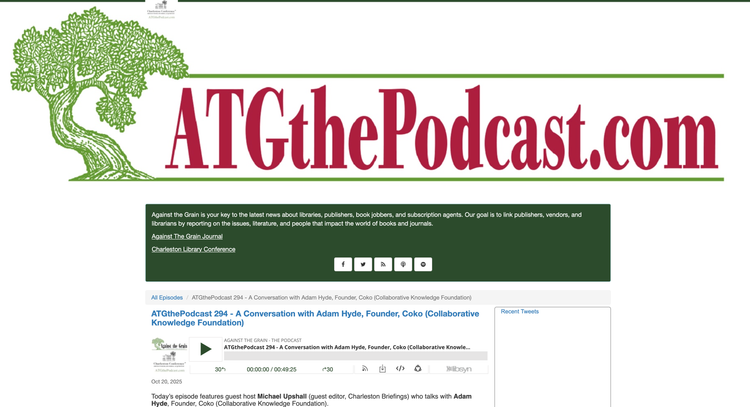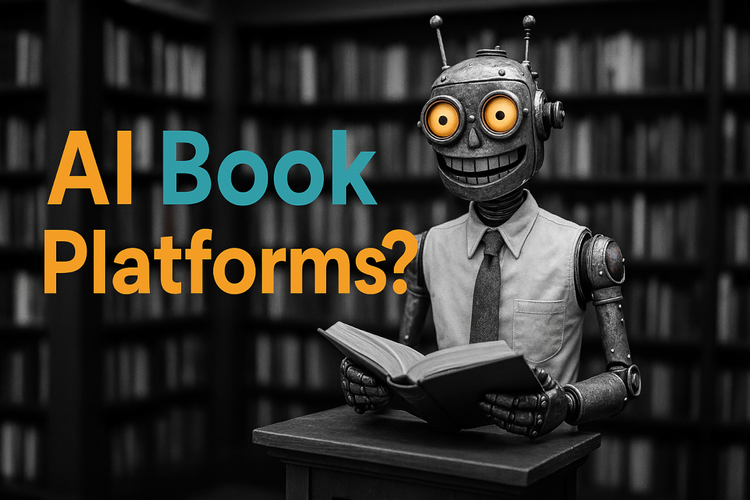The Myth of Easy Collaboration in Open Source

It’s often assumed that two open-source projects with similar goals will naturally collaborate. However, in my experience, this is far less common than you might expect. Just like in the broader world, collaboration between organizations is never automatic—it requires more than just shared goals.
Here are some of the challenges:
- Resource competition: Open-source projects often compete for the same funding and stakeholders. Even with shared ideals, economic realities can create tension, making collaboration more challenging.
- Value judgments: The personal nature of mission-driven work can lead to strong opinions on how things should be done. It’s easy to perceive that another project has compromised on its values, even if their end goals align with yours. This can be a significant barrier to collaboration.
- Tool attachment: In the world of open-source tools, creators often become deeply attached to their solutions. This can make it harder to embrace alternative approaches or to integrate different tools.
Navigating Collaborative Complexities
In my work with Coko, we’ve had to carefully navigate potential partnerships with other open projects. While we share broad goals of improving knowledge production, differences in our methods or priorities have sometimes made collaboration more complicated than anticipated. We've had successful collaborations, but they require more than shared ideals; the outcomes must further the mission and operational state of each organization, and demand a heap of good faith, good communication, and transparency.
The assumption that open-source projects will naturally collaborate because they share a common ethos is a myth. While shared values provide a starting point, the reality is that collaboration between mission-driven ventures requires more than just aligned goals—it requires careful navigation of competing priorities, values, and approaches.






Member discussion